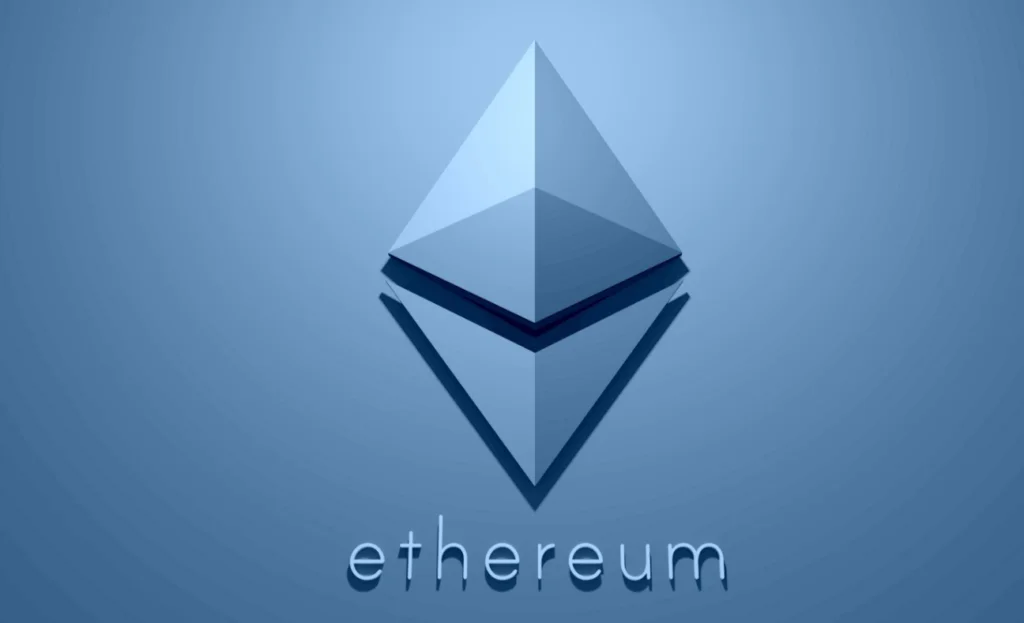The Ethereum Foundation intends to implement significant modifications to the Ethereum account abstraction standard in an effort to reduce gas consumption, specifically for layer 2 networks.

The Ethereum Foundation released a sneak peek of the significant modifications to the ERC-4337 standard specification on January 10. These modifications pertain to smart accounts or account abstraction.
Developer John Rising informed in an update that the new version 0.7 incorporates insights gained during the nine-month implementation of ERC-4337.
The structure of account abstraction transactions, which are more intricate than standard Ether transactions, has undergone the most significant transformation. In place of a single gas value, these now demand the specification of five.
Rising explained, “To account for the fact that an account can perform computations while its signature is being verified, the user must specify multiple gas values.”
Rising elaborated as to why higher gas values were necessary.
“With smart accounts, users can have many different types of signatures and pay for gas in many ways. This means that the amount of gas required varies, and the transaction has to specify how much it is willing to spend for this validation.”
As a result, gas estimation becomes more precise, and expenses are diminished, particularly on layer-2 networks, as the quantity of data that must be published is reduced.
“Reduced gas fees will be the primary benefit of version 0.7 for users,” Rising explained, adding, “It employs some tricks to utilize transaction data more efficiently, which is especially beneficial on layer-2 blockchains.”
Users will incur a 10% penalty for any unused gas during execution, according to the new specification, “which prevents applications from initiating transactions with excessively high gas limits.”
Account Abstraction
Smart accounts, or account abstraction, expand the functionality of standard Ethereum accounts by enabling programmable logic and rules. This allows the implementation of numerous novel use cases that are presently unattainable with simple accounts.
Account abstraction enables Ethereum accounts to become active and programmable, whereas they are presently somewhat passive and inert. EIP-4337, which Vitalik Buterin and other developers put forth, contained the proposal in September 2021.
The Ethereum Foundation stated that the security audit is currently underway but has not provided an anticipated release date for version 0.7.
Rising speculated that all preparations would be completed in time for ETHDenver at the conclusion of February.
